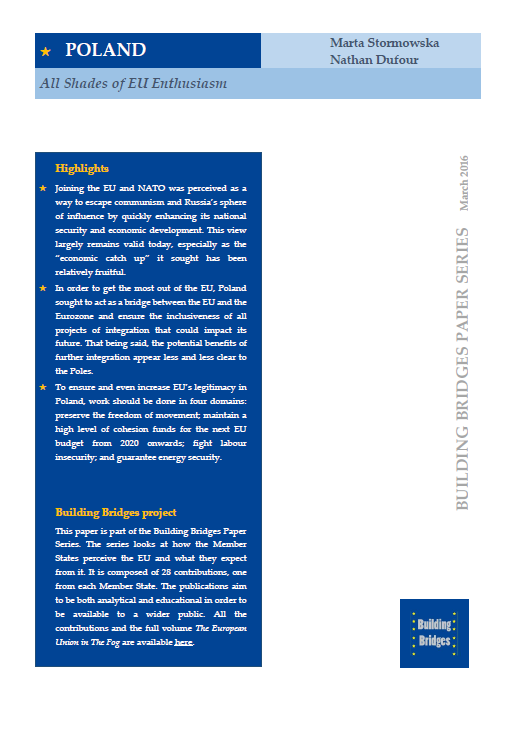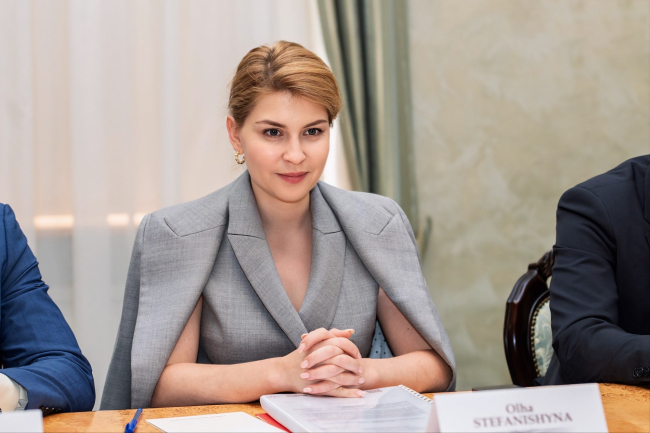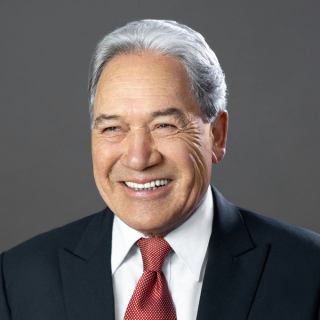
Practical information
Registration for this event is now closed.
Find out more about our donor programsThe first Building Bridges workshop took place on 11-12 May 2015 in Warsaw. It was hosted by the Polish Institute for International Affairs (PISM). This event included a discussion between experts involved in the project and Polish citizens about the impact European integration had on Poland and what citizens' expectations are for the future. In total 26 participants from seven EU countries (Belgium, Greece, France, Italy, Poland, Portugal and Slovenia) were involved. The following day, the experts reflected on the main topics discussed with the Polish participants and presented the preliminary findings of their research on their national perspective on the EU.
For more information about this event, please visit: http://bit.ly/22vENNr.
The project Building Bridges between National Perspectives on the EU is co-funded by the "Europe for citizens" programme of the European Union.
Find out more

Poland: All Shades of EU Enthusiasm
Joining the EU and NATO was perceived as a way to escape communism and Russia’s sphere of influence by quickly enhancing its national security and economic development. This view largely remains valid today, especially as the “economic catch up” it sought has been relatively fruitful.
Related Subjects
Other events

Navigating War, Reforms, and Secure Future: Ukraine’s EU and NATO Accession Path
Exclusive conve

Lunch debate with Winston Peters, Deputy Prime Minister and Minister of Foreign Affairs of New Zealand
Discussion co-chaired by Thierry de Montbrial, Executive Chairman of Ifri, member of the Academy of Moral and Political Sciences, and Marc Hecker, Deputy Director of Ifri (in English without translation).

Shaping Europe’s Technological Sovereignty
In the wake of Donald Trump's re-election in the United States, Europeans face a crucial imperative: rethinking their sovereigny, especially in the technological realm. What will be the strategic priorities and action levers of the new European Commission on this issue? What assessment can we make of the previous Commission’s achievements and challenges in navigating Sino-American technological competition, transatlantic dependencies, and emerging global partnerships?










